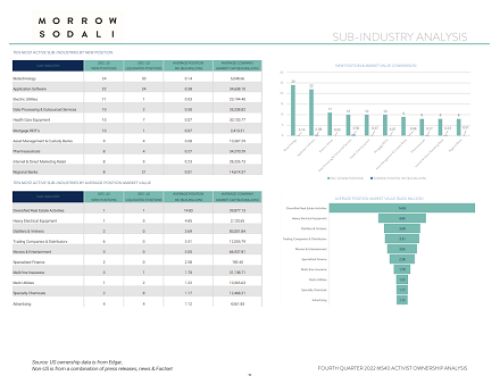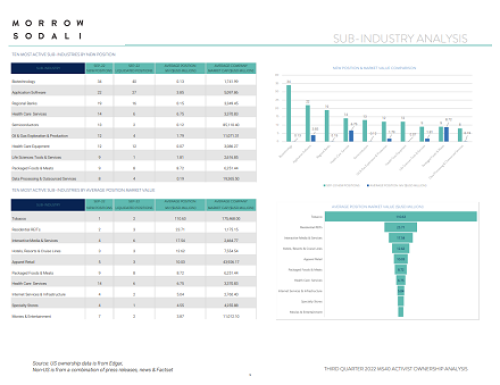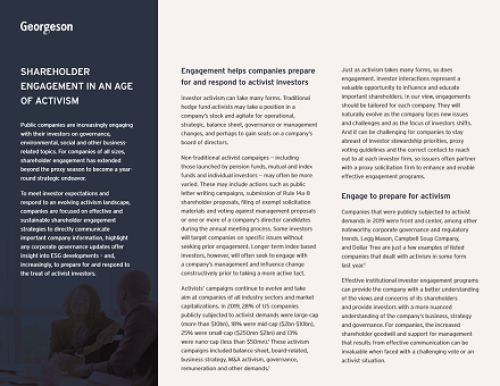Companies, such as Yahoo!, have had to combat shareholder activists attempting to overhaul the boardroom personnel
Rejected
Activists typically run short slates in proxy fights, because trying to unseat a majority of board members is much harder to do. To back a complete overhaul, shareholders need a very good reason, such as the temptation to force a lucrative takeover that current management is resisting.
Carl Icahn’s plans for a proxy fight at Yahoo! stalled because the chance of a takeover by Microsoft diminished. The 72-year-old activist, infuriated by Yahoo!’s rejection of a $33-a-share offer from Microsoft, said he would run a full, rival slate at Yahoo!’s AGM with the aim of taking control and reopening negotiations. Instead of throwing its weight behind Icahn’s move, however, Microsoft ruled out renewing its bid and left the activist holding a weak hand.
When Microsoft was still in the picture, Icahn’s request to take control in a proxy fight had more merit. ‘Investors tend to set a higher bar when you’re asking to take over the whole firm without paying any kind of premium,’ says Scott Fenn, managing director of policy at US proxy advisory company Proxy Governance. ‘The Yahoo! situation is unusual because some holders may view it as a referendum on selling the company. In effect, they’re not asking for a change of management; they’re asking for a sale.’
But the opportunity to sell to Microsoft fell through, leaving Icahn with less cause to run a full slate. Nevertheless, Icahn’s proxy solicitor, DF King, will do its best to get the backing of shareholders. A preliminary proxy statement filed by Icahn says DF King anticipated using up to 60 staff members on the case. Yahoo! and its proxy solicitor, MacKenzie Partners, will have their work cut out for them.
Experts say it’s vital for a company in Yahoo!’s situation to go out on the road to see investors and proxy advisory firms. What’s more, the amount of time and work needed for proxy battle roadshows has intensified in the last few years; they are now more like transaction roadshows. The IRO’s role at such events is huge.
‘It has become more important to identify investors and the key decision makers at those firms,’ explains Bruce Goldfarb, president and CEO of proxy solicitation firm Okapi Partners. ‘The IRO must be ready and able to set up meetings, have contacts in place to get better access, be well versed in the story, and do the follow-up.’
IROs should also be aware that each proxy adviser operates differently. RiskMetrics, for example, is willing to meet with people, while Glass Lewis may set up a Proxy Talk meeting, an open forum for both sides of a proxy fight.
Proxy advisers are seen as the key to the Yahoo! proxy fight. ‘I doubt retail shareholders are going to hold any sway,’ states Fenn. ‘It’ll probably come down to some of the big holders.’
Failed
In May this year, shareholders in Micrel, a manufacturer of electrical equipment based in California, voted down a proposal by hedge fund Obrem Capital Management to replace the company’s entire board. As with Icahn, the activist went for the full slate because it wanted to force a sale.
Full-slate proxy fights are not the norm. ‘It doesn’t usually happen unless you are in a takeover situation,’ points out Goldfarb. ‘Even then, there aren’t many examples, as there aren’t so many hostile takeovers these days.’










